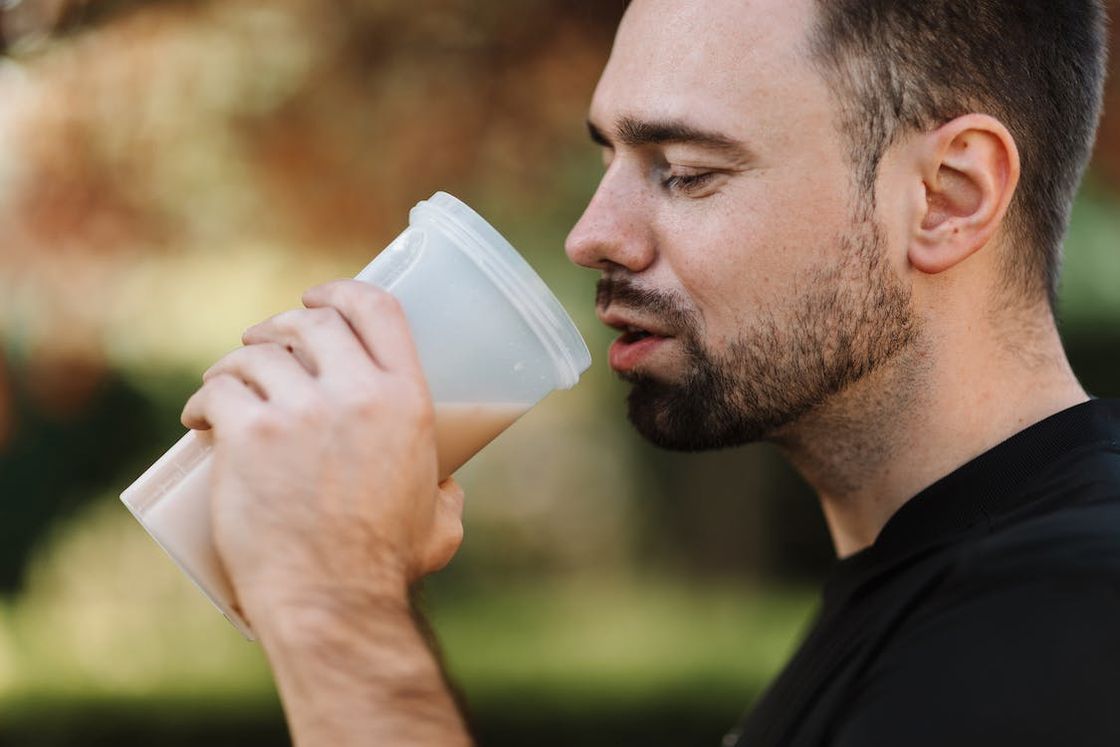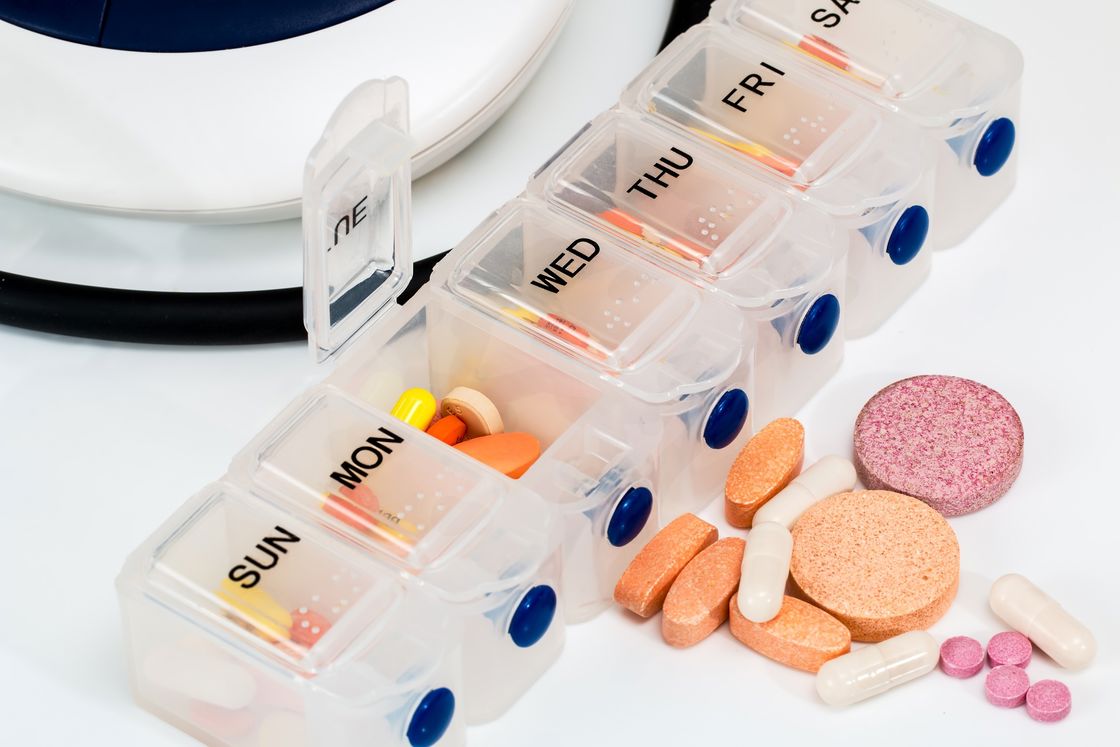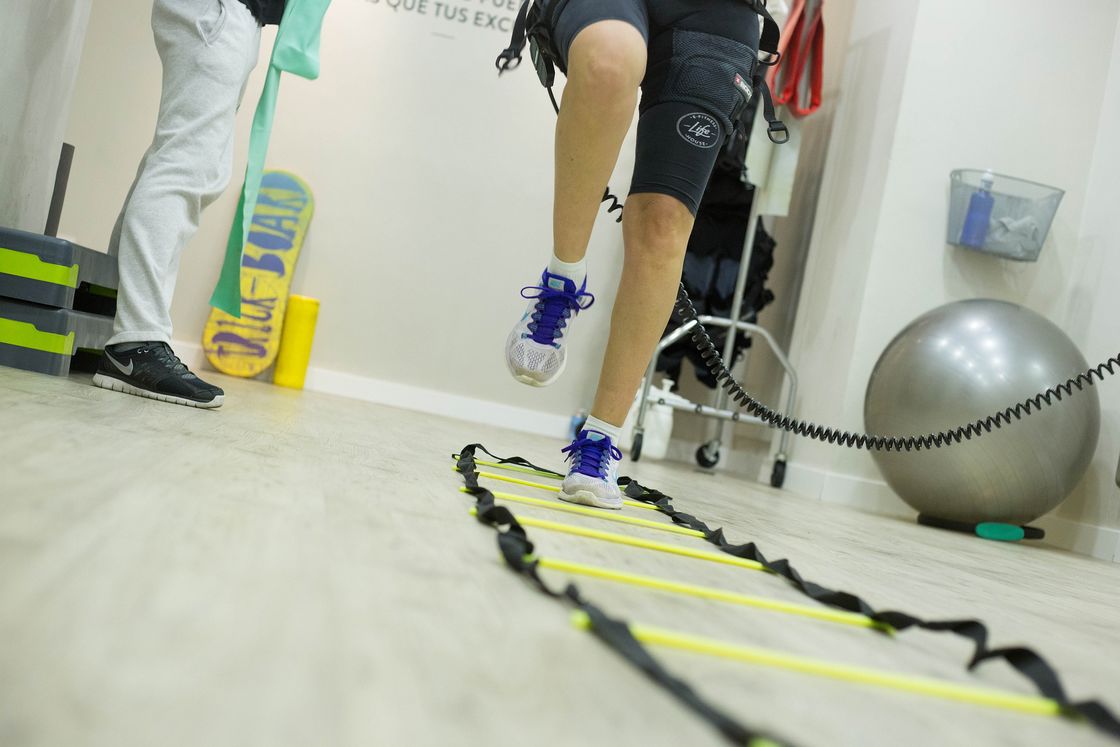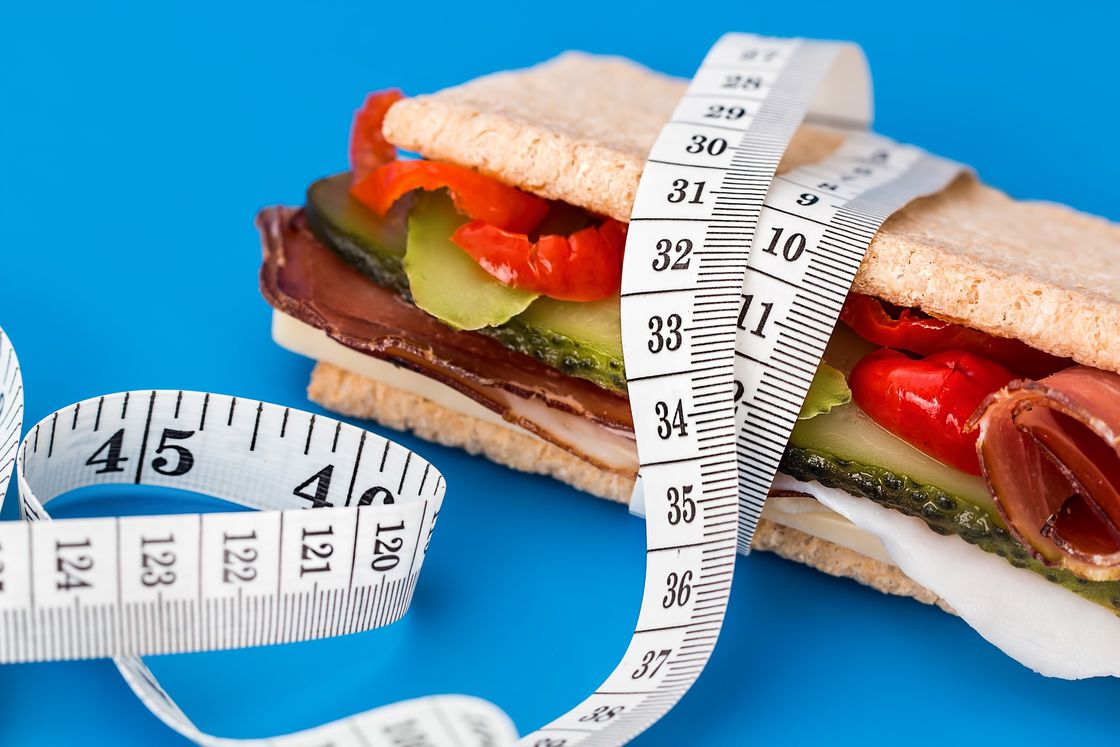You might be wondering about workout supplements and whether they’re worth incorporating into your routine. While a solid nutrition plan should always be your foundation, certain supplements can provide additional benefits and help you reach your fitness goals faster.
Importance of a Balanced Diet
When it comes to maximizing your workouts and getting the results you’re after, proper nutrition and supplementation are key. A well-rounded diet that includes the right balance of carbohydrates, proteins, and fats can fuel your body for exercise and ensure you have the proper nutrients to repair and grow muscles.
Meanwhile, staying hydrated is also crucial, as it can prevent fatigue and keep you energized throughout your workout. This is why, while supplements can enhance your results, boost your energy levels, and support your muscle gains, they should be used in conjunction with a balanced diet and regular exercise.

Macronutrients
A balanced diet is crucial to support your workouts and overall fitness. By consuming the right amounts of carbohydrates, proteins, and fats, you’ll provide your body with the energy and building blocks it needs.
Carbohydrates
Carbohydrates are essential for fueling your workouts and are the major source of energy for your body. This happens after it breaks down to glucose, which is then used as energy to fuel anaerobic and aerobic cellular respiration. In other words, it fuels physical activity, allowing you to do all kinds of workouts.
Also, they can provide fiber, which is essential when it comes to gut health. There are two types of carbohydrates, simple and complex. The first kind is generally found in foods with processed or refined sugar such as candies, sodas, and syrups.
Complex carbohydrates are found in whole grains such as beans and quinoa, and foods like whole wheat bread, cereal, oatmeal, sweet potatoes, and barley. The main difference between simple and complex carbs is that simply put, complex carbs provide more energy than their counterpart.
Proteins
Proteins are essential when it comes to building and repairing tissue in the body. This is why this macronutrient is so important in hypertrophy, a process where the muscle gets damaged and stimulates a repair response in the body. If you are currently building your body, you need to focus on this process.
Proteins are made of amino acids and also play an important role in the immune system as enzymes and hormones. Some of the best whole food sources of proteins are eggs, meat, chicken, fish, nuts, legumes, and dairy products.
Fats
Fats are also necessary for essential bodily functions, after all, they play a role in the structure of cell membranes and the production of hormones. On top of that, they are essential for energy, and the absorption of fat-soluble vitamins. There are different types of fats: saturated, unsaturated, and trans.
The main difference between them is that saturated fats tend to stay solid and might cause fat deposits in blood vessels. On the other hand, unsaturated fats stay liquid and are less likely to cause deposits. Lastly, trans fats are just a type of saturated fats, which means they can cause the same consequences.
You can find unsaturated fats in foods like avocados, nuts, seeds, fatty fish, and vegetable oils. On the other hand, you can find saturated fats in foods like beef, eggs, chicken, dairy products, coconut oil, and palm oil. At last, you can find trans fats in foods like margarine, snacks, fried foods, and some baked goods such as pizzas and pastries.
Micronutrients
Besides macronutrients, your diet should also include vitamins and minerals. These micronutrients are essential for maintaining overall health and optimal bodily functions, such as immune system support and cell repair.
Vitamins
Vitamins are important nutrients that help the body maintain optimal health by supporting immune function. Also, they assist in the metabolism of carbohydrates, proteins, and fats, and aid in the maintenance of healthy skin, eyes, and other tissues.
Each vitamin serves a specific purpose; a deficiency in certain vitamins can result in specific health problems. To ensure you have a good vitamin intake and prevent deficiencies, it is critical to consume a well-balanced diet.
Vitamins A, C, D, E, and K are essential, as are the B vitamins (thiamin, riboflavin, niacin, pantothenic acid, biotin, vitamin B6, vitamin B12, and folate). The best sources for all of these vitamins are fruits, vegetables, whole grains, dairy products, and fortified foods.

Minerals
Minerals are inorganic substances that the body needs in small quantities for a lot of functions. For instance, they help to maintain strong bones, normal blood pressure, and proper muscle and nerve function. They also help in the process of converting the food you eat into energy.
There are two types of minerals, macrominerals, and trace minerals. The macrominerals such as calcium, phosphorus, magnesium, sodium, and chlorine, are those that the body requires the most. Trace mineral requirements are lower. Some of them are copper, fluoride, iodine, and manganese.
You can find minerals in food like dairy products, leafy greens, meats, whole grains, seeds, and nuts along with the water you drink.
Electrolytes
Among minerals, you can find electrolytes such as sodium and potassium, electrolytes play an essential role in maintaining hydration levels and preventing muscle cramping. You can find electrolytes in sports drinks or hydration supplements designed for athletes.
Also, a great natural source to get electrolytes is to eat bananas, avocados, watermelons, and coconut water. As a bonus, you can use any leftover avocado and put it on your face. Since avocados have a lot of nutrients, they can improve the overall health of your skin.
Water Intake
When it comes to water intake, a good rule of thumb is to drink half an ounce for every pound of your body weight. However, the amount of water a person should drink can vary depending on their age, weight, height, gender, and even their country’s climate. After all, the body might need more water during hot weather.
Also, it is important to consider that, if you have a well-balanced diet, there will be different sources of water. For instance, solid food such as fruits, vegetables, and even chicken and meat contain water. On top of that, daily beverages such as tea, coffee, and even fruit juice contain water.
With that being said, while water is essential for your body, you should not drink it in excess. After all, drinking too much water can lead to water intoxication. This condition can cause dizziness, vomiting, headaches, and, in severe cases, a coma. Therefore, it is important that you drink the appropriate amount of water based on your specific needs.
Importance of Hydration
Staying properly hydrated is crucial for your heart health, as it allows your heart to pump blood more easily through blood vessels to your muscles. Also, it is very important when it comes to regulating your body temperature, transporting oxygen to cells, and lubricating joints, which is very important for athletes.
Keeping yourself hydrated is essential to living a good life, after all, it helps you remove waste products from your body. Also, it protects your organs by keeping the fluid-filled sacs around them well-hydrated. If you were dehydrated, organs like your heart, brain, and lungs, wouldn’t have a cushion that protected them from injuries.
Lastly, since sweating causes fluid loss, water consumption is essential during intense workouts. Therefore, drink plenty of water before, during, and after exercising. If you have a habit of forgetting to drink water, set some timers on your phone, this way, you will be reminded to drink water throughout the day.
Timing of Meals
When it comes to fueling your body for workouts, it’s crucial to consider the timing of your meals. Not only does this help optimize your performance, but it also aids in muscle recovery and growth. Therefore, you need to ensure your body has enough energy before, and after your athletic performance.

Before a Workout
Consuming a carbohydrate and protein-rich meal or snack 2-3 hours before exercise can help provide long-lasting energy and prevent hunger during your workout. Though, if you don’t have time for a full meal, a small snack with carbohydrates and protein 30-60 minutes before exercise may be beneficial.
Here are some meals, snacks, and supplements you can eat before your workout:
- One large banana and 1 cup of cottage cheese
- Two slices of whole-wheat toast and one whole egg plus three egg whites
- Chicken breast, sweet potatoes, and vegetables
- A cup of coffee
- Creatine
- Protein shake
- BCAAs
- An energy bar with nuts, and dried fruits
- Grilled chicken salad with avocado
- Greek yogurt with granola and any fruit of your liking, preferably berries
- A smoothie with spinach, almond milk, any fruit of your liking, and protein powder
After a Workout
Many old studies suggest that eating a carbohydrate and protein-rich meal within thirty minutes of exercise can help replenish glycogen stores and support muscle recovery and growth. This is called the anabolic window and, while it might help you in your athletic journey, it may not be as essential as previously thought.
This is because, while the anabolic window does exist, recent research shows that it lasts more than thirty minutes. In fact, it suggests that it lasts from four to six hours. Therefore, we can conclude that, while you need to eat a very nutritious meal after working out, you don’t have to rush.
That being said, you need to focus on foods high in protein, which provides essential amino acids that build and repair muscles. Additionally, you should consume carbohydrates and fluids for energy replenishment and hydration. Here are some meals, snacks, and supplements you can eat after your workout:
- Grilled chicken with brown rice and steamed vegetables
- Omega-3 supplement
- Smoothie with protein powder
- Protein shake with fruits and creatine
- Greek yogurt with berries and honey
- Lentil soup with whole grain bread
- Salmon, rice, and some roasted vegetables
- Chicken breast, quinoa, and mixed vegetables
- Whole grain pasta with a sauce made with tomatoes, onion, and other vegetables
- Grilled tofu, rice, and vegetables
- Sweet potatoes with black beans
Types of Workout Supplements
As you explore the world of workout supplements, you’ll come across a variety of options designed to support your fitness goals. In this section, we’ll discuss four key types of supplements: Protein Supplements, Pre-Workout Supplements, Post-Workout Supplements, and Creatine Supplements.
Protein Supplements
Protein supplements are essential for helping your muscles recover and grow after a workout. They come in various forms, such as whey protein and soy protein. Whey protein is popular among fitness enthusiasts, but if you’re dairy-free, alternatives like soy, pea, egg white, rice, and hemp protein are also effective.
The Academy of Nutrition and Dietetics suggests a daily intake of 1.2 to 2.0 grams of protein per kilogram of lean mass for athletes. Consuming a protein shake or snack within 30 minutes after your workout can maximize muscle recovery.
However, while protein supplements can be a practical way of meeting your daily protein needs, whole foods should always be your first choice. Think of protein supplements as a great way to catch up when you fall short of eating enough protein from whole food sources.
Pre-Workout Supplements
Pre-workout supplements help you perform at your best during your exercise sessions by improving focus, energy, and endurance. Common ingredients in pre-workout supplements include caffeine, amino acids, and beta-alanine.
Caffeine consumption, around 150-300 mg, 30-60 minutes before your workout, can provide a boost in alertness and the ability to perform high-intensity and endurance exercises. Choose a plant-based or sugar-free pre-workout supplement if you have specific dietary preferences.
After all, some pre-workouts might even contain unusual ingredients such as beetroot powder, citrulline malate, and Himalayan pink salt. These natural ingredients also have the potential to improve blood flow, reduce muscle soreness, and aid in hydration.
Post-Workout Supplements
Post-workout supplements assist in recovery and muscle growth after exercise. Ingredients such as amino acids, carbohydrates, and electrolytes replenish your body’s energy stores and aid in muscle repair.

Post-workout supplements can include BCAAs (branched-chain amino acids) to support muscle protein synthesis and reduce muscle soreness. Keep a balanced ratio of carbohydrates (from sources like fruits, quinoa, or sweet potatoes) and protein for optimal recovery.
Lastly, it is worth noting that the protein source and quality can have an impact on muscle protein synthesis and recovery. High-quality protein sources, such as whey protein, may be more effective than lower-quality protein when it comes to muscle growth.
Creatine Supplements
Creatine is another popular workout supplement that has multiple benefits, including increased strength, muscle growth, and improved exercise performance. Aim for a daily intake of 3-5 grams of creatine monohydrate, a well-studied and effective form of creatine.
Creatine supplementation works well with various exercise types, such as strength training, cardio, and sports activities. By giving your muscles the energy they need, creatine helps you achieve better results from your workout regimen.
In addition to improving exercise performance, some research suggests that creatine supplementation may help to improve cognitive function, particularly in older adults. While more research is needed to fully understand its potential health benefits, it is a well-studied and safe supplement when taken as directed.
Intra-Workout Supplements
Intra-workout supplements are substances consumed during physical activity or exercise to help with hydration, boost performance, and provide energy and nutrients to the body. They can contain carbohydrates, amino acids, electrolytes, vitamins, and minerals.
Intra-workouts may be beneficial to athletes because they can increase endurance, delay fatigue, and provide nutrients required during intense physical activity. Also, since they have electrolytes, they can help to prevent dehydration and support healthy bodily functions.
Synergy of Nutrition and Workout Supplements
Incorporating workout supplements, like caffeine and creatine, can enhance your exercise performance for high-intensity activities. However, remember: supplements should always be used in addition to a well-balanced diet. This way, you’ll ensure your body receives the nutrients it needs and performs at its best during and after your workout sessions.
Ensure that you’re getting all the necessary nutrients for a healthy lifestyle, as mentioned in Harvard Health. If you decide to incorporate supplements, do thorough research and consult with a healthcare professional to determine the most effective and safe options for your personal goals.
Importance of Protein
As you focus on your fitness journey, it’s essential to understand the importance of protein in your diet. Consuming adequate protein helps to repair and build muscle tissue, especially after a workout session.
Not only does it promote muscle growth, strength, and endurance, yet it also aids in recovery and keeps you feeling fuller for longer periods. Make sure to incorporate protein-rich foods like lean meat, fish, eggs, and dairy products into your daily meals.
Essential and Non-Essential Amino Acids
Amino acids are the building blocks of protein that play a crucial role in muscle development and maintenance. There are two types of amino acids: essential and non-essential. Your body cannot produce essential amino acids, so you must obtain them through diet or supplements.
Non-essential amino acids, on the other hand, can be synthesized by your body. When planning your nutrition intake, be sure to include essential amino acids like leucine, isoleucine, and valine—commonly found in whey protein—to support optimal muscle growth and repair.
Role of Healthy Fats in Muscle Building
Don’t overlook the role of healthy fats in your quest for muscle growth. Fats are essential for hormone production, including testosterone, which plays a vital role in muscle development. Consuming sources of healthy fats, such as avocados, eggs, nuts, and olive oil, can not only support muscle building but also contribute to overall health and well-being.
Remember, your diet, hydration, and supplements must work together to help you achieve maximum results. By understanding the synergy between nutrition and workout supplements, you’ll be better equipped to choose the right combination and develop a strong foundation for success in your fitness journey.
Conclusion
In summary, it’s essential to focus on proper nutrition and consider workout supplements when necessary to support your training regimen. Eat a balanced diet, rich in lean proteins, whole grains, and healthy fats to fuel your workouts and recovery.